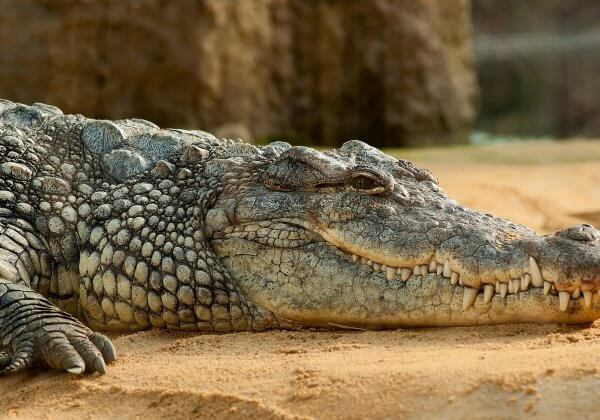Australia No Longer ‘Rides on the Sheep’s Back’
As Australia’s drought continues and animals become increasingly expensive to feed because of a lack of pastureland, Australia’s wool industry is shrinking.
Farmers say sheep are growing 15 to 20 per cent less wool because they’re not getting the same quality of food in the dry conditions. Consequently, farmers are buying more grain to feed the animals, which is affecting their profit margins and leading them to “destock“– an industry term that means sending them to slaughter early.

From Wool to Wheat?
This decrease in wool production is actually nothing new. According to the Rural Bank’s Australian Wool Annual Review for 2018, wool production has dropped by almost 50 per cent over the last 20 years.
Often, when the number of sheep and lambs drops, crop farming increases. After sheep and lamb numbers hit a historic low in 2010, wheat and canola plantings increased by 58 per cent and 52 per cent, respectively. Meanwhile, in Western Australia, farmers have been swapping sheep for crops.
A move away from wool production and other forms of animal exploitation represents an opportunity for farmers to diversify and try more sustainable methods of plant agriculture.

A Better Use of Resources
It’s certainly no secret that it takes many resources to raise animals. According to the Australian Bureau of Statistics, animal agriculture accounts for about a third of Australia’s freshwater use and takes up 58 per cent of the country’s land mass. It’s also the nation’s leading contributor of greenhouse gases, as 50 per cent of emissions come from that sector.
According to the recent “Pulse of the Fashion Industry” report, wool is one of the five most environmentally damaging materials on the market.
A shift towards plant-based farming is necessary, not just because of the present drought but also as a way to prevent future inclement weather caused by climate change.
 Jo-Anne McArthur | We Animals
Jo-Anne McArthur | We Animals
Changing Consumer Markets
While wool prices remain high, a growing number of consumers are becoming aware of the ethical issues surrounding the material. PETA and its international affiliates have released 11 video exposés recorded at nearly 100 wool facilities on four continents, and systemic abuse was found in every case.
A quarter of lambs used for wool die within their first few days of life because of exposure and neglect. Meanwhile, those who survive will likely be mulesed, ear-tagged, and castrated, all without pain relief, and will be repeatedly traumatised during shearing.
In every way – from the drought-stricken farmers struggling to make ends meet to the destruction of the environment and the suffering of animals – the wool industry is on its way out. Help us say goodbye to this cruel, archaic industry by leaving animals out of your wardrobe and asking clothing companies to go wool-free.







